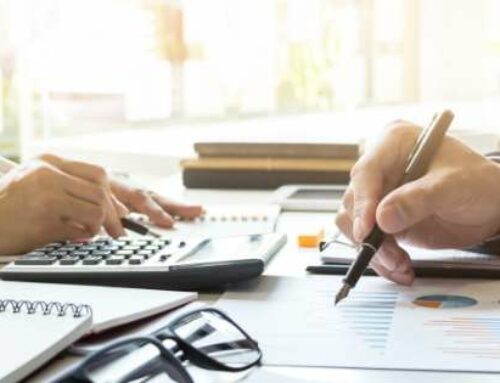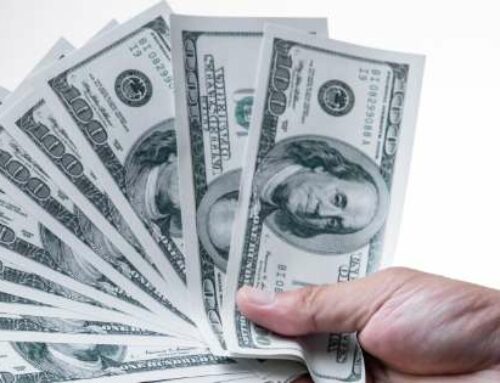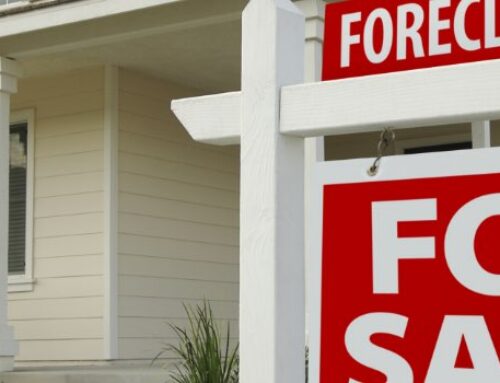Why Do You Pay Property Taxes?
If you own a home, business location, or another piece of real estate, you’ve probably wondered why exactly you have to pay property taxes, especially when your bill comes every November. Feeling frustrated about these fees certainly isn’t uncommon—in his Reading Eagle Business Weekly piece on the topic, Michael L. Young explains: “according to the Tax Foundation and other sources, the most hated tax in America is actually the local property tax.” People despise these duties for several practical reasons—they’re a pain to assess and collect, they end up getting raised regularly because property values “‘grow’ with the economy slowly,” and they’re “generally regressive, which makes them unfair” for those with lower incomes.
In addition to these concerns, one of the primary reasons people dislike property taxes is because they just don’t understand them. Over the past 12 years, Taxease has provided millions in property tax loans to help businesses and homeowners survive and thrive, so we know these fees well. In the following blog, we explain why you pay property taxes and how our experienced team can help you better manage them.
The Philosophy of Property Tax
You probably already understand the basic reasoning behind taxes: you pay your local, state, and federal governments specific fees to provide for the public services and amenities they provide. As the University of South Carolina’s Institute for Public Service and Policy Research points out, property tax is “the only major tax common to all 50 states in the U.S.” and “the oldest tax levied in the U.S.” Taxes on income and purchases can generate important revenue for the government, but property remains one of the most fundamental ways to fund the state’s activities.
Property taxes technically could encompass all of a person’s tangible assets and intangible holdings such as “stocks…bonds, and bank accounts.” However, the Institute explains: “over the past 30 years, the trend has been to shift away from personal property and toward real property for tax purposes,” since real estate appraisals are generally much more accurate than citizens’ assessments of their own personal property values. Many Americans have the majority of their net worth tied up in their real estate holdings, so property is an important (if irritating) source of taxation.
What Do Your Property Taxes Pay For?
Taxes can be quite complicated in the United States, so it can be difficult to determine exactly where your money is going. To make your costs clearer, Free From Broke breaks down what property taxes cover. When you pay your annual property tax bill, you’re typically contributing to:
- Your local public schools: “This is the largest single line item in nearly any property tax bill…In fact, it’s usually greater than 50 percent, and much higher still in areas with large student with large student populations or a strong local commitment to providing a premium education.” If you want your kids or children in your area to be well educated, your real estate will pay for it—although the “federal government, state government, [and] fund raising efforts” contribute to funding, “the largest source is generally from property taxes.”
- “Police, public safety, and libraries” and “fire protection,” which most residents would agree are quite important. These services are usually well-worth their costs—for example, “a strong police presence can often have a positive influence on property values.”
- Basic maintenance of your community. The roads you drive on, parks you jog through, sewage systems you rely on, and more could be covered by property taxes.
- While not a major portion of your property tax allocation, these fees do help to pay your government and municipal administrators, as well as keeping up the facilities for them.
What Happens If You Don’t Pay?
Some people disagree with the current configuration of property taxes and most of us would rather pocket those thousands of dollars rather than sending them to the state. However, if you fail to pay:
- You will begin to accrue hefty compound penalties that could cost you much more in the long-term.
- Your local government can put a lien against your property until you settle your accounts.
- You could lose your home or business property.
Dealing with delinquent property tax accounts can be quite the dilemma, so it’s better to handle these expenses before they become a much bigger issue.
Do You Need a Property Tax Loan?
If you need assistance paying your property taxes, we can help you afford them with our efficient and effective property tax loans. Contact Tax Ease today to get a free quote or start the application process to finance your fees.








